Tank Scan & Sweep
We offer a comprehensive tank sweep service to locate and identify any oil tanks in your yard. We use advanced technology and methods to find a variety of tanks, such as heating oil tanks and underground storage tanks.
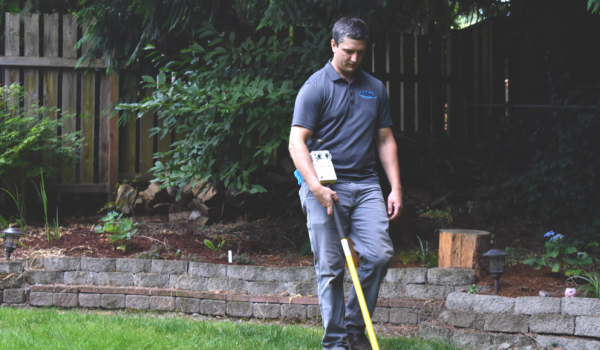
We offer a comprehensive tank sweep service to locate and identify any oil tanks in your yard. We use advanced technology and methods to find a variety of tanks, such as heating oil tanks and underground storage tanks.

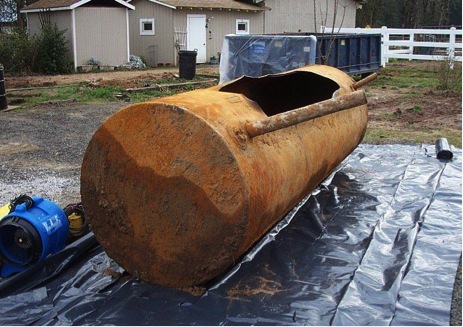
As an oil tank ages, it shows signs of corrosion. Eventually, the corrosion eats through the tank, allowing heating oil to leak. A tank search and sample provides an accurate assessment of the tank’s location, condition, and level of contamination in the soil.
There are several possible reasons a tank may leak. A UST leak can lead to an environmental hazard in the soil and water. If a worn-out or damaged tank causes the leak, we will need to decommission or remove the tank. Repairs are not an option.
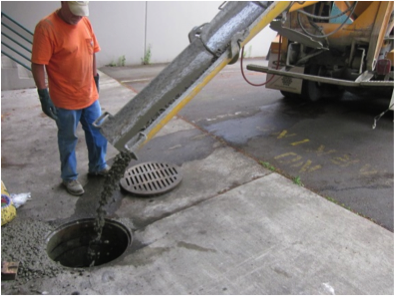
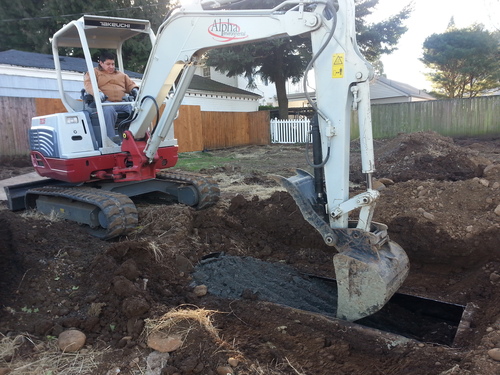
Like other systems in your home, septic tank systems need regular maintenance to prevent issues and efficiently do their job. Regular septic tank maintenance does for your septic system what changing the engine oil does for your car: it helps the system run optimally and prevents problems.
Alpha Environmental is well versed in the 2 major types of storage tanks that can be found in the Portland area.
Heating oil tanks are containers that hold oil (diesel #2) to heat homes or buildings; however, they have many negatives and should be decommissioned in place or removed altogether. Not only can they pollute the soil around the tank, but they can contaminate groundwater and pose a fire or explosion hazard. This is caused by tanks that are underground for too long and start to corrode.
Alpha Environmental has become the go-to when it comes to heating oil tank services. We handle decommissioning, investigation, assessment, and cleanup proven by on-call service contracts with the City of Portland and TriMet, as well as for many developers, real estate agents, and professionals in the industry. We are an Oregon Department of Environmental Quality (DEQ) licensed Heating Oil Tank (HOT) Service Provider.
If an issue is found when inspecting the heating oil tank, there are multiple tank cleanup methods that Alpha Environmental utilizes:
Since 1995, Alpha Environmental has performed service on all phases of Underground Storage Tanks (UST) in and around Portland, Oregon and has successfully closed 9,000+ projects; in other words, every single project we have been contracted for.
Hundreds of thousands of underground storage tanks are located in the United States that have some sort of hazardous material in them. The greatest threat from these tanks is the possibility that they will contaminate local groundwater and soil, which is why it is important to know if you have an underground storage tank on your property.
An underground storage tank (UST) is a large container typically used to store petroleum, chemicals, or hazardous substances. The tank is buried underground to minimize space usage and environmental exposure.
USTs can leak hazardous substances into the soil and groundwater if not properly maintained, leading to environmental contamination and health risks. Most USTs had a service life of 20 years. Leaks can also cause costly property damage and regulatory fines.
Common indicators include vent pipes, fill caps, or records from previous property owners or local authorities. If uncertain, a professional can conduct a site survey to detect buried tanks.
Signs of a leaking UST include fuel odors, unusually high water bills (indicating water contamination), discolored vegetation above the tank, and unexplained fuel consumption or loss. There are many situations where a leak goes unnoticed until samples are performed.
A trusted member of our team will reach out within 1 business day to schedule
Our goal is to get the job done right while protecting our client. We are committed to ensuring you are safe in your residence, no matter what. We are fully licensed, bonded, insured, and here to help with all of your environmental needs.
We pride ourselves on strong company values that translate into service levels which go above and beyond average service providers
For over two decades we've been doing the dirty work, serving residential and commercial customers in the greater Portland area
Our entire team is committed to ensuring your home or place of business is safe and every job gets done the right way

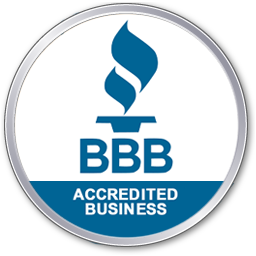

A trusted member of our team will reach out within 1 business day to schedule